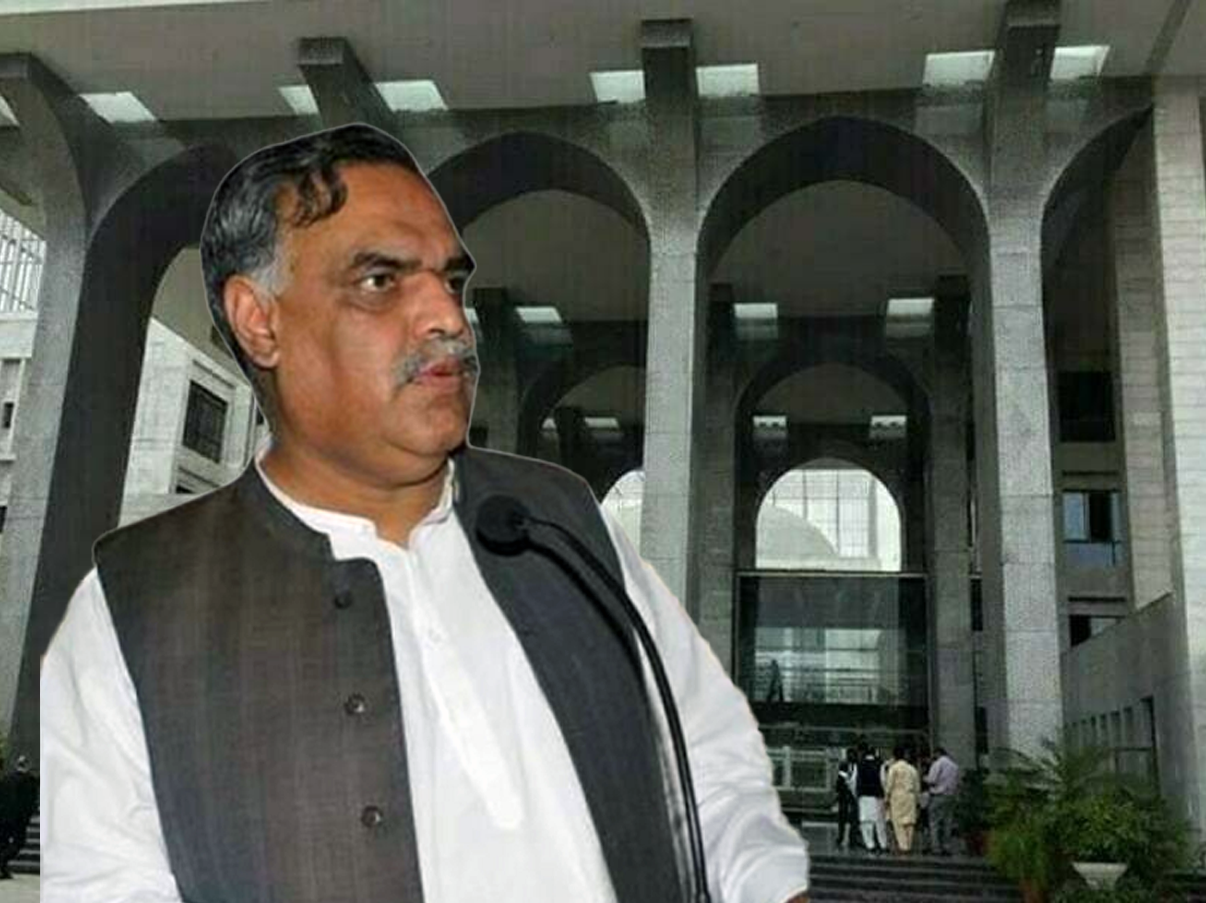The Islamabad High Court (IHC) has taken a significant step by referring a case highlighting deficiencies in the Federal Board of Revenue’s (FBR) electronic system, known as “IRIS,” to the chairman of the FBR for thorough investigation and resolution. This move follows a constitutional petition filed by Lahore-based lawyer Waheed Shahzad Butt against various tax authorities, including the Commissioner-IR, Deputy Commissioner-IR (DCIR) in Islamabad, and Member (IT).
The petitioner, a taxpayer, sought justice regarding income tax refunds and the implementation of an order issued by the Appellate Tribunal Inland Revenue (ATIR), Islamabad. The core issue addressed in the petition was the alleged misconduct of certain FBR/PRAL/IT-Wing employees, who purportedly manipulated the ATL status of the taxpayer. The Federal Tax Ombudsman (FTO) uncovered irregularities committed by tax employees, who falsely categorized a company as “Inactive” without following due process.
One of the crucial revelations in the case was the acknowledgment by the Pakistan Revenue Automation Ltd (PRAL) that a statutory notice, crucial for legal proceedings, was not electronically delivered to the taxpayer as required by law. The department’s failure to substantiate the delivery of this notice raised serious concerns, with PRAL attributing the lapse to software glitches. However, the court noted that such excuses were untenable, emphasizing the responsibility of tax authorities to ensure proper service of notices.
Furthermore, discrepancies were found in the notices issued by the tax department, including the inclusion of names of unrelated officers, such as Ahmed Shakeel Babar DCIR, without any valid explanation. This was deemed a distortion caused by IT systems rather than a deliberate action by the department.
In response to the petition, the IHC issued an order directing the referral of the case to the FTO for investigation, citing potential maladministration by the respondents. Subsequently, the Ombudsman submitted a comprehensive report highlighting flaws in the PRAL system and recommending corrective actions by the FBR.
Given the recommendations of the Ombudsman, the IHC concluded that no further action was required from the court’s end. Instead, it instructed the submission of the Ombudsman’s report to the chairman of the FBR for consideration and necessary steps to address the identified glitches and flaws in the FBR system.
This development underscores the judiciary’s commitment to ensuring accountability and transparency within government institutions, particularly in matters concerning taxpayer rights and fair administration of tax laws. It also highlights the importance of effective oversight mechanisms, such as the FTO, in addressing grievances and improving governance.
Moving forward, it is imperative for the FBR to heed the recommendations put forth by the Ombudsman and undertake comprehensive reforms to enhance the efficiency and reliability of its electronic systems. Moreover, measures should be taken to prevent any recurrence of maladministration or misconduct by FBR employees, thereby fostering trust and confidence among taxpayers.



